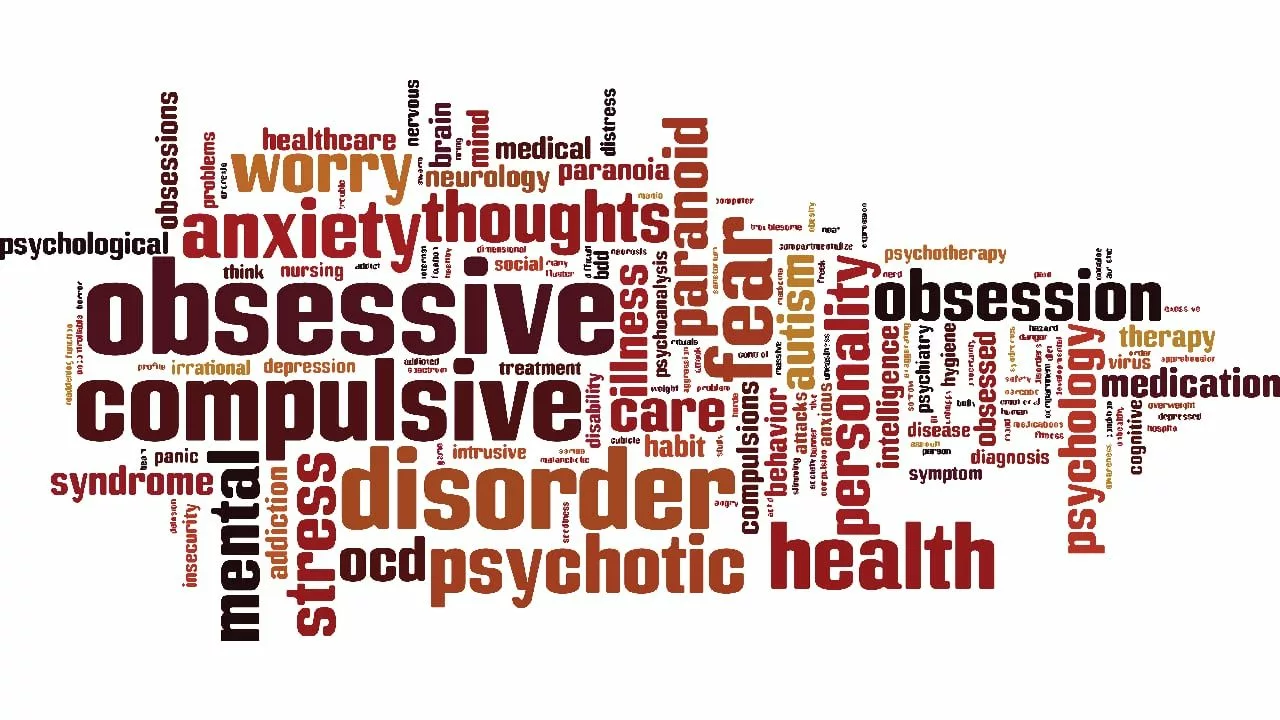Obsessive-Compulsive Disorder (OCD)
OCD shows up as thoughts you can’t quiet and actions you feel forced to repeat. That might be constant worry about germs, checking doors over and over, or rituals that take hours. These thoughts and behaviors steal time and make life harder — but effective treatments exist.
How OCD looks and when to get help
People with OCD often know their thoughts are unrealistic, but they still feel driven to act. If rituals take more than an hour a day, cause major stress, or stop you from doing work and social things, talk to a doctor or therapist. If you ever feel trapped, hopeless, or think about hurting yourself, contact emergency services or a crisis line right away.
Treatment options that work
Two approaches reliably help most people: a type of therapy called exposure and response prevention (ERP) and certain medications.
ERP is a hands-on version of cognitive therapy. You face the fear in small steps while learning not to do the ritual. It sounds tough, and it is, but it’s the best non-drug option for reducing obsessions and compulsions. Look for therapists trained in ERP — many community clinics and telehealth services offer it now.
On the medication side, high‑dose SSRIs (fluoxetine, sertraline, fluvoxamine) and clomipramine are commonly used. These can lower the intensity of intrusive thoughts and make therapy easier to do. Some people need higher doses than for depression, so controlled follow-up is important. If a first medication doesn’t work, doctors may try another SSRI or add a low dose antipsychotic for augmentation.
Not every psychiatric drug helps OCD. For example, bupropion (Wellbutrin) usually isn’t the primary choice for OCD. Meds like mood stabilizers (Depakote) or anticonvulsants sometimes appear in care plans when there are other conditions present, but that’s tailored to each person.
Expect at least 8–12 weeks to see steady medication benefit, and therapy progress varies. Keep regular check-ins with your clinician and be honest about side effects, sleep, and alcohol or drug use — these change how treatments work.
Also consider basic supports: regular sleep, cutting back caffeine, routine exercise, and a trusted friend or family member who understands your plan. These won’t replace professional care but they make treatment more effective.
Want further reading on related meds, safety, and online pharmacy tips? Check these guides on KiwiDrug.com:
- Depakote Uses, Side Effects, and Real-Life Tips — when mood stabilizers matter
- Dopamine-Norepinephrine Reuptake Inhibitors: Wellbutrin and Alternatives — why Wellbutrin isn’t first-line for OCD
- Top Alternatives to Wellbutrin SR in 2024 — options if standard meds don’t fit
- Is pharmacyrxworld.com Legit? — tips for buying prescriptions safely
If you’re unsure where to start, ask your primary care doctor for a referral to a mental health clinic that offers ERP, or see a psychiatrist for medication review. Small, steady steps are the best way out of OCD’s grip — you don’t have to do it alone.

The Relationship Between Panic Disorder and Obsessive-Compulsive Disorder
In my exploration of mental health, I've found an intriguing connection between Panic Disorder and Obsessive-Compulsive Disorder (OCD). Both conditions are anxiety disorders with shared symptoms like intense fear or distress, but they manifest in different ways. Panic Disorder often involves sudden, unexpected panic attacks, while OCD is characterized by recurring, unwanted thoughts and behaviors. It's interesting to note that people with Panic Disorder may develop OCD as a coping mechanism, and vice versa. It's a complex relation, revealing the intricate nature of our mental health.
read more




